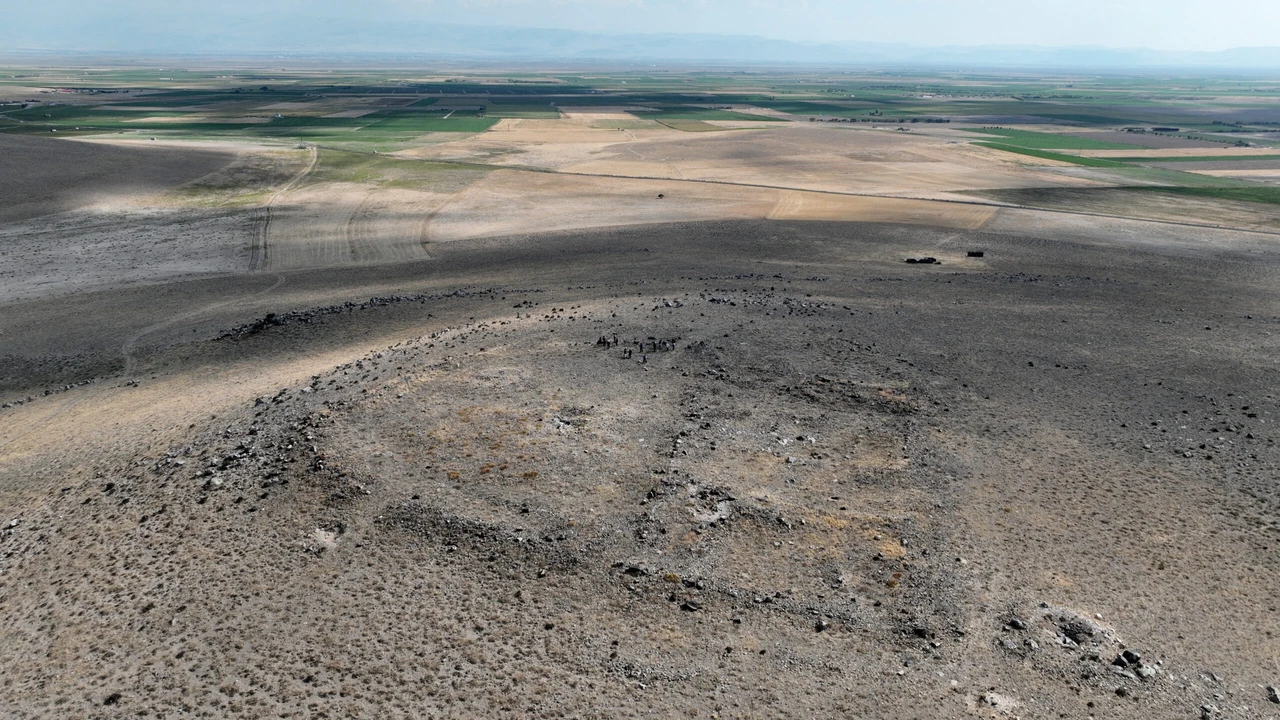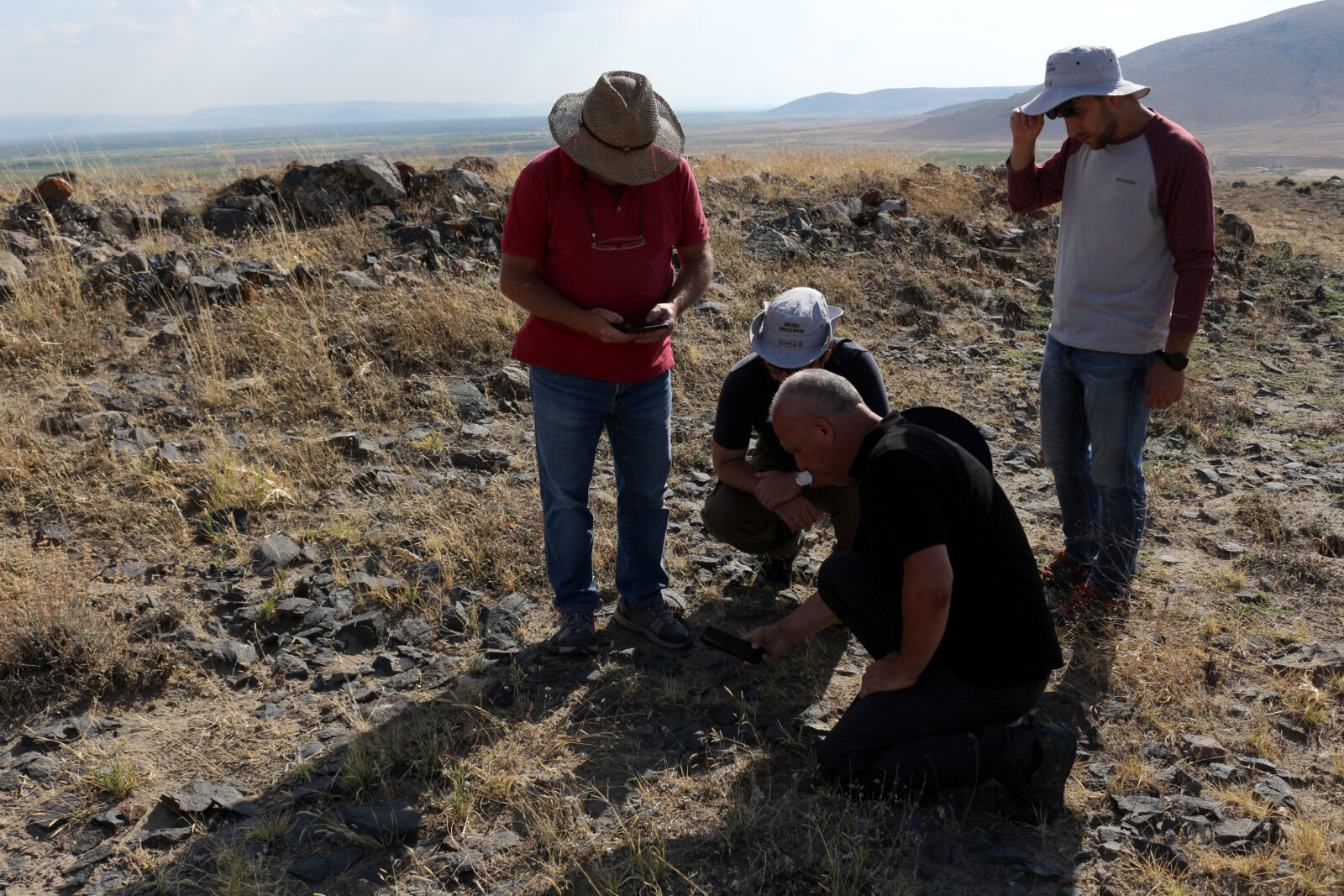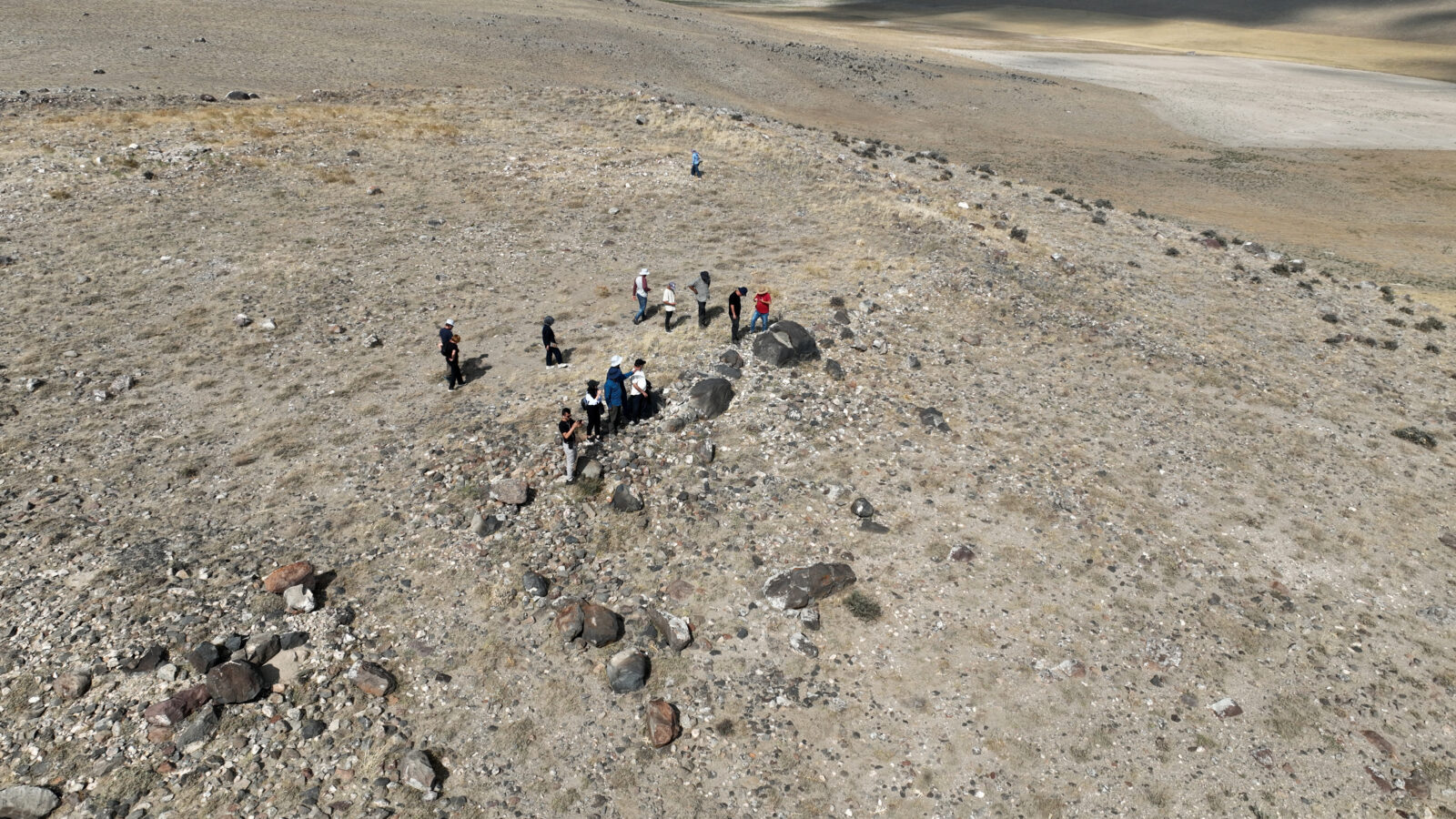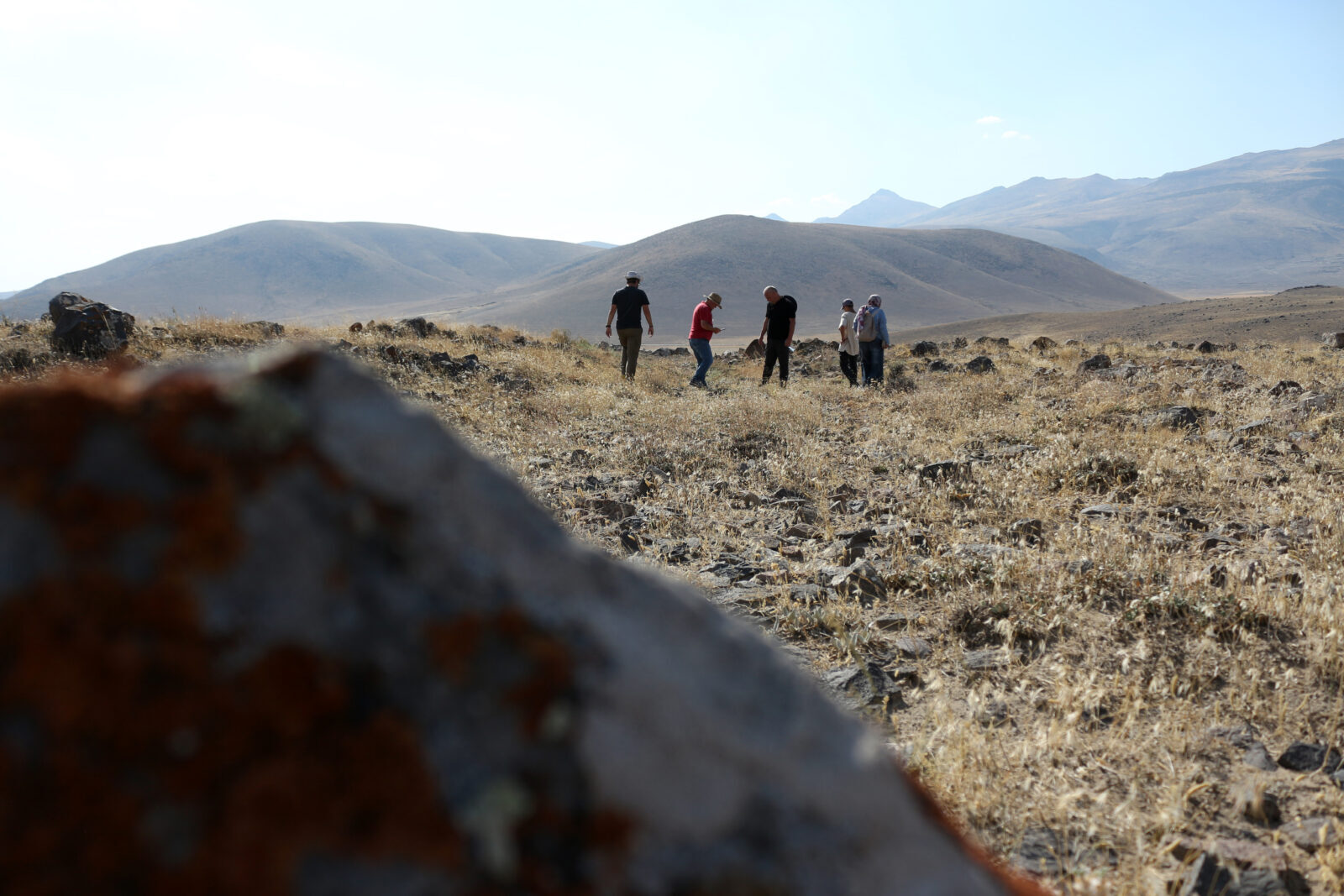Crusades Battle relics from 1101 to be unearthed in Türkiye
 The site of the 1101 Crusades Battle in Konya's Eregli district, Türkiye, September 14, 2024 (AA Photo)
The site of the 1101 Crusades Battle in Konya's Eregli district, Türkiye, September 14, 2024 (AA Photo)
The Turkish Ministry of Culture and Tourism, in collaboration with the Association for the Preservation of Cultural Heritage through Architectural Restoration, is set to begin excavation efforts in the Eregli district of Konya.
The project, also supported by Konya Metropolitan Municipality, seeks to uncover the historical remnants of the 1101 Crusades Battle site.
Led by Sultan Kilicarslan I of the Anatolian Seljuks, the united Turkish army achieved significant victories over the Crusaders in 1101 across the Amasya, Konya and Eregli regions.
Excavations will commence in Eregli to bring the story of this triumph to future generations.

Landmark victory of 1101 Crusades in Türkiye’s history
Prof. Mehmet Ali Hacigokmen, head of the Eregli leg of the project and a history professor at Selcuk University, explained that the project, launched in collaboration with several leading Turkish universities, is crucial for Turkish history.
“The hill in Eregli is where Kilicarslan’s archers observed the Crusaders,” he noted.
“This project took two years to reach this stage and is of immense importance for Türkiye’s history, perhaps the greatest victory after Manzikert (Malazgirt).”

Turning point for Seljuks, Middle East
Professor Aydin Usta of Mimar Sinan Fine Arts University highlighted the significance of this victory, both for Türkiye and the Middle East’s Turkic-Islamic identity.
“This triumph marked the end of the Crusades in Anatolia, as Sultan Kilicarslan devised a new war system after losing Iznik,” Usta remarked.
He emphasized that this victory prevented the Crusaders from establishing a significant presence in the Middle East.

Multidisciplinary investigation of key historical site
Professor Vedat Onar, Director of the Osteoarchaeology Center at Istanbul University-Cerrahpasa, stressed that the excavation will utilize advanced methods, including radiocarbon dating, isotopic analysis and DNA testing.
“We are studying remains from an estimated 100,000 Crusader soldiers and Kilicarslan’s 15,000-strong army,” Onar said.
“We aim to uncover artifacts from the battlefield, including horse harnesses and possibly mass graves of soldiers.”
Onar added that the project could yield valuable insights into environmental conditions and dietary habits from the period, as well as reveal previously unknown details about the Crusades.
“This work will mark a significant step in revealing hidden aspects of European history. Just as Kilicarslan delivered the final blow to the Crusaders, we hope to conclude the story of the 1101 Crusades with this project.”
The excavation project in Eregli promises to shed light on a pivotal moment in Türkiye’s history, with advanced archaeological methods being employed to unearth the remnants of a key battle from the 1101 Crusades.
As the results come to light, the significance of this victory for both Türkiye and the wider region will be brought into sharper focus.



